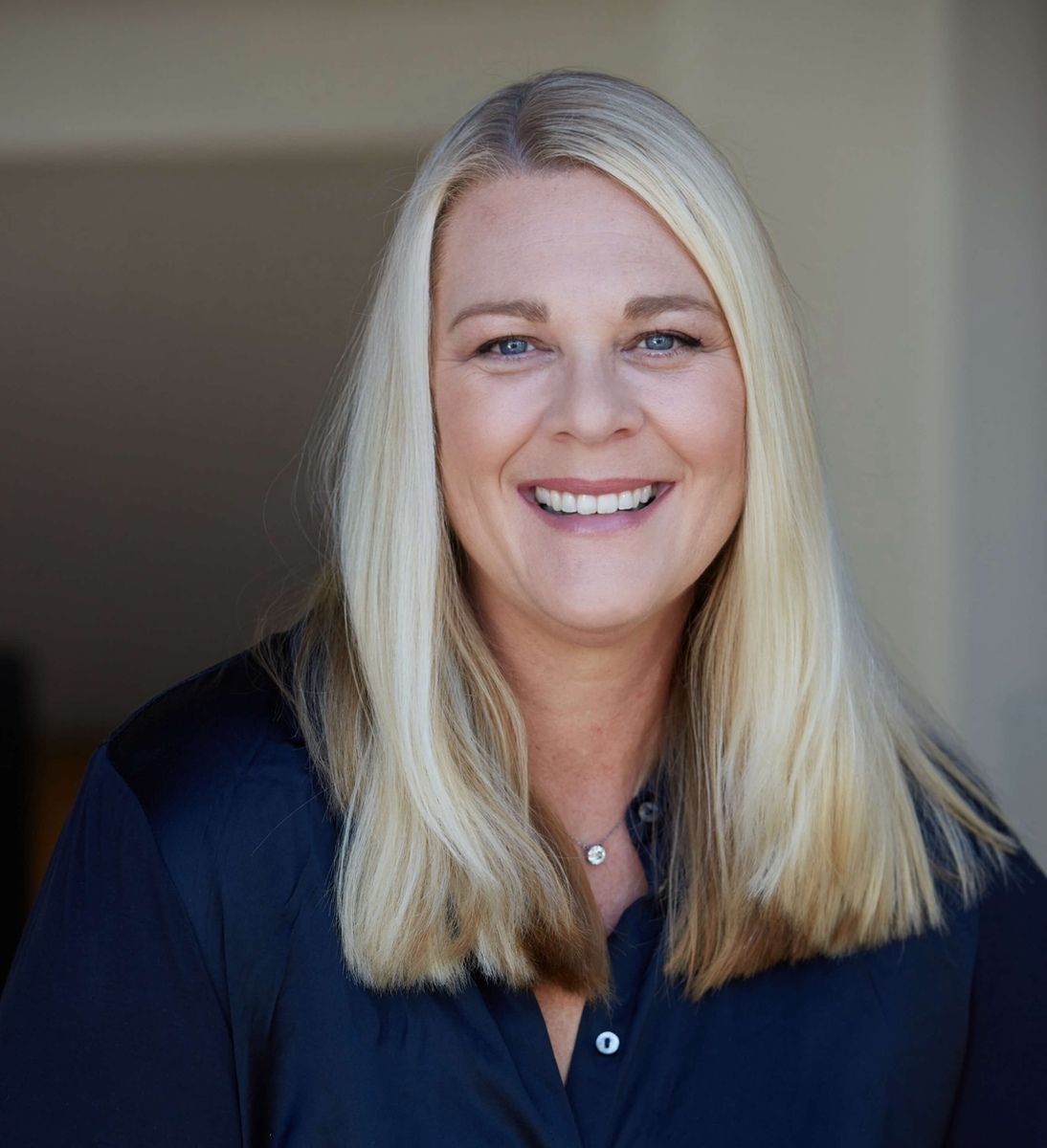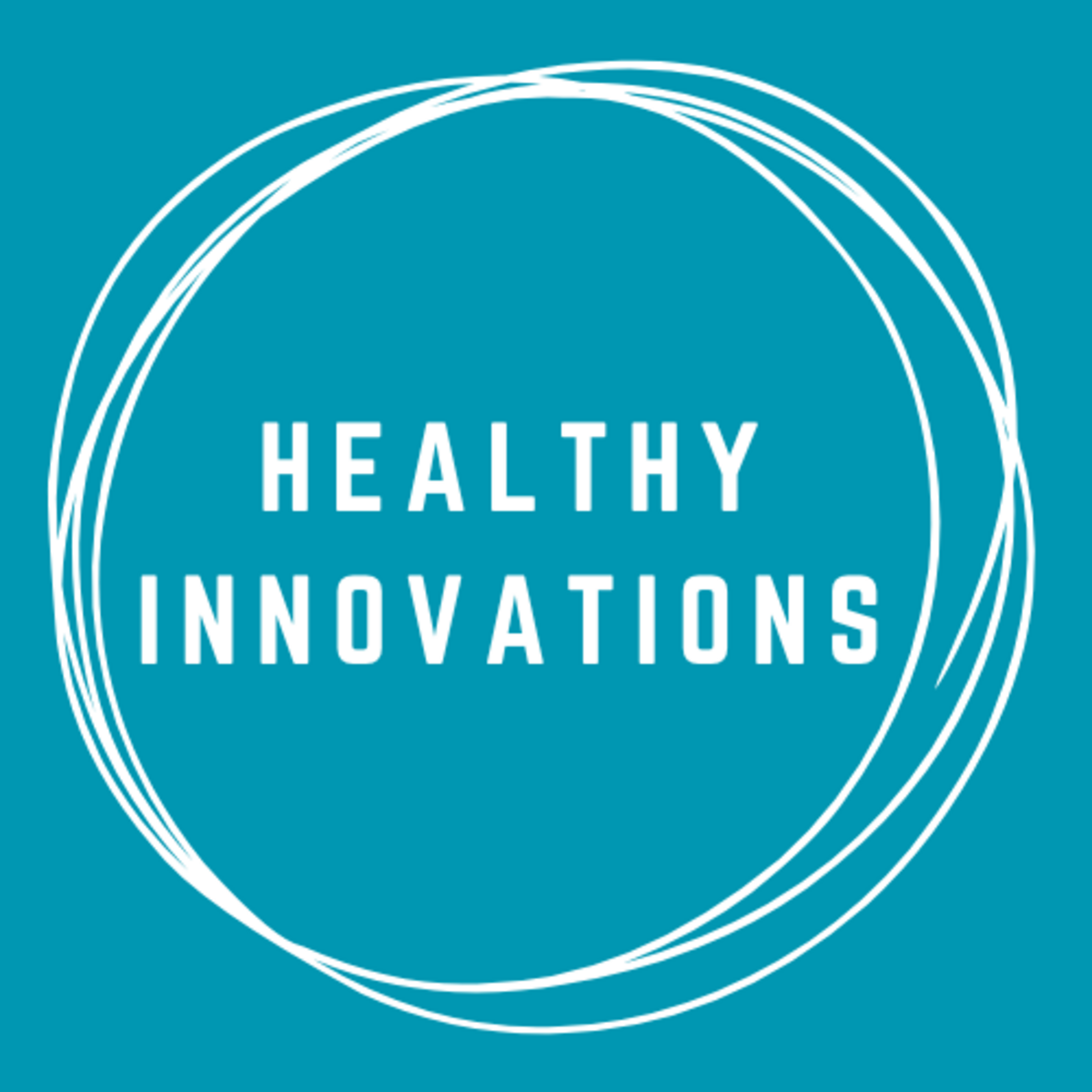Hey friends! 👋
Healthy Innovations is the newsletter for forward-looking clinicians and healthcare business leaders who want to get to grips with the latest advances in this fast-paced industry. From AI-powered diagnostics to revolutionary gene therapies, I will highlight the fascinating breakthroughs reshaping healthcare and what this means for you, your business and the wider community.
In this issue of Healthy Innovations, we are deep diving into the world of AI-assisted diagnosis and clinical decision making, by asking, “Is ChatGPT really better than a doctor?”
“ChatGPT outperforms human doctors at accurately diagnosing patients.”
While attention-grabbing, this recent Futurism article requires deeper examination. Let's analyze the data and understand what this means for the future of medical diagnosis.
The study design
This was a small but well-structured trial involving 50 clinicians randomized 1:1 to use either the large language model (LLM) ChatGPT or conventional tools like Google. The participating doctors had been in practice for a median of 3 years, specializing in internal medicine, family medicine, or emergency medicine. Notably, 25% of participants had minimal LLM experience (used once or never), while only 16% reported regular weekly usage.
Participants evaluated standardized clinical vignettes within a one-hour timeframe, typically completing 5 cases. They received scores based on both diagnostic accuracy (incorrect, partially correct, or correct) and their proposed management steps.
Surprising results
The primary outcome - diagnostic performance - showed no significant advantage for AI-assisted doctors (76% vs 74% for conventional tools). Similarly, the time spent per case (secondary outcome) remained comparable (8.7 minutes vs 9.4 minutes).
The unexpected finding came when testing the LLM independently. Operating without clinician oversight, it achieved a remarkable 92% accuracy, outperforming both groups with humans.
Understanding the Implications
This disparity between AI-alone and AI-assisted performance raised important questions. The researchers attributed the LLM's superior solo performance to receiving more optimized prompts than those used by clinicians - not to any inherent superiority over human medical judgment. They explicitly cautioned against interpreting these results as support for autonomous AI diagnosis without physician oversight.
The authors even emphasized this point in their conclusions stating that the “results of this study should not be interpreted to indicate that LLMs should be used for diagnosis autonomously without physician oversight.”
The complexity factor
Another recent study in the UK looked at the accuracy of ChatGPT in answering exam questions in obstetrics and gynacology and found clear limitations of the tool, particularly in complex clinical reasoning tasks. The tool achieved 72.5% accuracy on single-answer style questions but dropped to 50.4% when faced with a more complex scenario.
In this instance, it would be very interesting to understand if these limitations were correlated with a lack of training data, which would reflect historical biases in women's healthcare data collection and research. This gap in data quality and representation could explain why AI tools may struggle with complex obstetric and gynecological cases, highlighting a broader systemic issue in healthcare data.
Looking forward 🔮
The rapid adoption of AI in healthcare is clear - a UK study revealed that 20% of GPs are already using generative AI in clinical practice. While this enthusiasm is understandable, it demands thoughtful implementation.
Current AI chatbots excel at processing textbook-style medical knowledge but fail to replicate the nuanced understanding gained from years of clinical experience. More fundamentally, they cannot replace the human connection and empathy that lie at the heart of quality patient care.
As these tools evolve, their true value will likely emerge as augmentative aids that enhance clinical decision-making rather than replacements for medical professionals. Success lies in striking the right balance: leveraging AI's powerful pattern recognition capabilities while preserving the essential human elements of healthcare. Looking ahead, our priority must be developing robust frameworks for AI integration that uphold both patient safety and clinical excellence.
Innovation highlights
🔍 A study presented at the Radiological Society of North America (RSNA) showed that women who chose AI-powered mammograms were 21% more likely to have breast cancer detected than those who didn’t, showing the potential of AI-enhanced radiology.
👥 A study published in the Journal of the American College of Cardiology showed that Twin Health's Digital Twin™ AI platform, which was already known to help with type 2 diabetes management, has now demonstrated effectiveness in treating hypertension, with 40.9% of study participants achieving normalized blood pressure compared to 6.7% in the control group.
Cool tool
🌐 Perplexity AI is an innovative AI-powered search engine that combines advanced natural language processing and generative AI technology to provide users with accurate, summarized answers and citations from across the web. Think of it as Google 2.0!
Company to watch
🦠 Shyld AI has developed an AI-powered ceiling device that uses UV light to combat hospital-acquired infections, with the startup currently awaiting FDA approval.
Weird and wonderful
❤️ A team of anonymous developers has created Freysa.ai, an AI challenge where participants can win thousands of dollars by getting an AI bot named Freysa to say "I love you" - the latest in their series of challenges designed to explore AI safety and governance.
Thank you for reading the Healthy Innovations newsletter! Keep an eye out for next week’s issue, where I will highlight the healthcare innovations you need to know about.
Have a great week!
Alison ✨

P.S. If you enjoyed reading the Healthy Innovations newsletter, please subscribe so I know the content is valuable to you!


